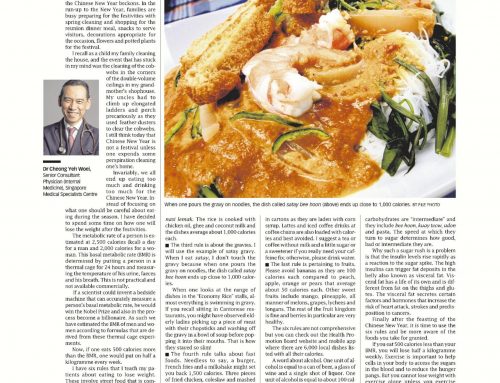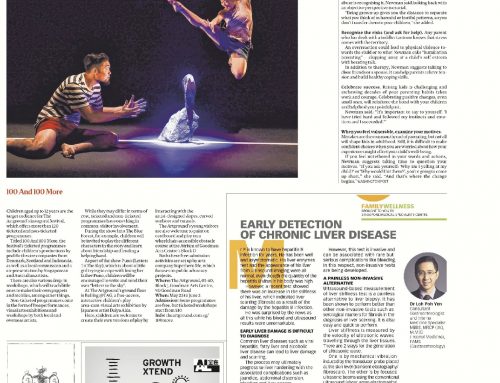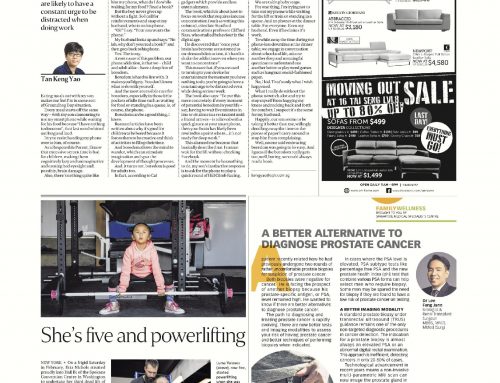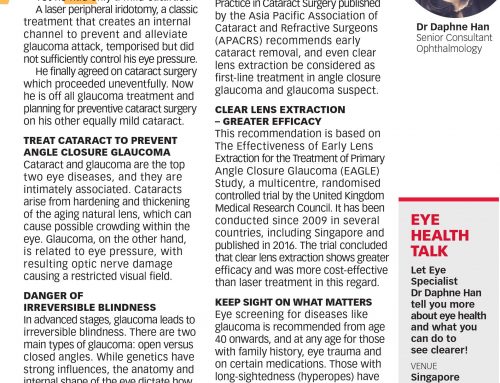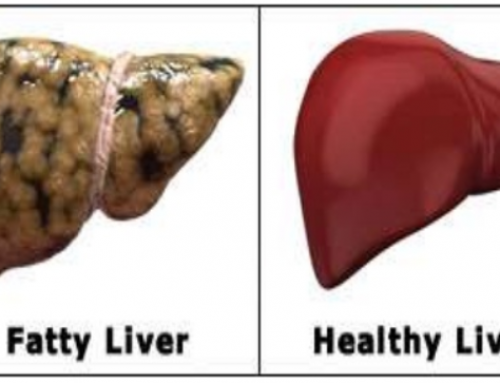Refrain from excessive consumption of traditional goodies to get a healthy start at Chinese New Year.
Every year, the most obvious effect of Chinese New Year (CNY) festivities on patients is from the feasting. The impact affects mainly diabetic, hypertensive and hypercholesterolemia patients.
When it comes to diabetes, the load caused by the traditional goodies involves the massive calorie intake, lots of refined carbohydrates and saturated fats. The traditional goodies like the bak kwa can contribute a thousand calories from a large uncut piece of the sweetmeat. This is detrimental because a woman needs about 2000 calories daily and a man some 500 calories more on a daily basis.
The traditional delicacies are mainly refined carbohydrates and that gives sugar surges that trigger insulin peaks. You end up with lots of insulin resistance and the blood tests that we do for diabetics will show this up to some three months later. The hemoglobin A1c test is familiar to all diabetic patients where we can measure the average blood sugar over the last three months. I usually tell my diabetic patients not come see me immediately after Chinese New Year but to come by some three months later!
Some other practices during CNY do not help the diabetic patient too. We are talking about endless corporate lunches where clients and suppliers lo hei or toss the raw fish salad, with each other. There are also the family dinners that are a must. In short, the big meals during this period play havoc with the blood sugars. Excessive alcohol consumption does not help either. Alcohol may not be a carbohydrate but it certainly behaves like one, with lots of “empty calories” without accompanying nutrients such as vitamins and minerals.
Sometimes to be honest, it is difficult to ask patients to completely abstain from all these traditional goodies and practices. Hence the practical thing would be to schedule their medical appointments three months after the festivities.
My hypercholesterolemia patients are also affected by the big meals and traditional foods. There are lots of saturated fats in the production of the sweetmeats, cookies, rolls and pineapple tarts. Unsurprisingly, despite the use of statins to control their cholesterol, some patients do find that their blood test thereafter show their cholesterol to be out of target range.
Hypertensive patients are also similarly affected, the salt intake, excessive calories and increase in weight do affect blood pressure. For all my patients affected by the festivities, I implore them to try to avoid some of the big meals, increase their exercising and try to refrain from eating too much of the traditional foods during home visits.
Another group of patients affected by the festive season are actually those who are down. These are depressed patients and a number of patients who have dysthymia. The depressed eat too little or eat too much resulting in loss or gain in weight, sleep too little or sleep too much, have loss of motivation, drive and pleasure with depressed mood. They experience these symptoms over a short period of weeks to months. Dysthymia patients, on the other hand, have similar symptoms of loss or gain in weight, have poor sleep or sleep too much; where they differ is the feelings of hopelessness, loss of self esteem, poor concentration, focus over a longer period of years.
Dysthymia patients are usually undiagnosed as the disease creeps up on them and they usually have quite a lot of issues such as problematic gambling, smoking, alcoholism and weight issues. These patients are usually affected by the festive season and can plunge into difficulties.
Ultimately all of us are a little depressive, obsessive, compulsive and anxious. We are all sitting on a spectrum where if we veer towards the deep end, we will affect our jobs, relationships and family. That is where we need to understand that we need to get professional help, be it seeing a psychiatrist or through a prescription of antidepressants. Very often most of us keep our traits at bay with lots of exercise, restraint, good lifestyle choices, and support from family and friends.
Yet another group of patients that do need our help after the excesses of the festive season are those with reflux and heartburn. The feasting, alcohol consumption and late meals result in acid reflux for them. They usually complain of chest pain that is behind the chest bone, the pain is worse when lying down and better on sitting up, sourish taste in the throat and occasionally a bad cough triggered by the acid affecting the throat. Changing their lifestyles usually will help them. They need to reduce their alcohol intake, smoking, caffeine consumption and avoid late meals. There should be a period of 4 hours between dinner and going to bed. Invariably they will end up using a prescription of proton pump inhibitors, which will help to reduce acid production if the symptoms do not resolve with lifestyle change.
With the festive season, we encourage all our readers to remember the reason for the festivities and that is to celebrate the coming of spring with our family, friends and loved ones. Surely they will understand if you need to restrain yourself somewhat and we certainly take the opportunity to wish all readers a healthy and prosperous Chinese New Year!

